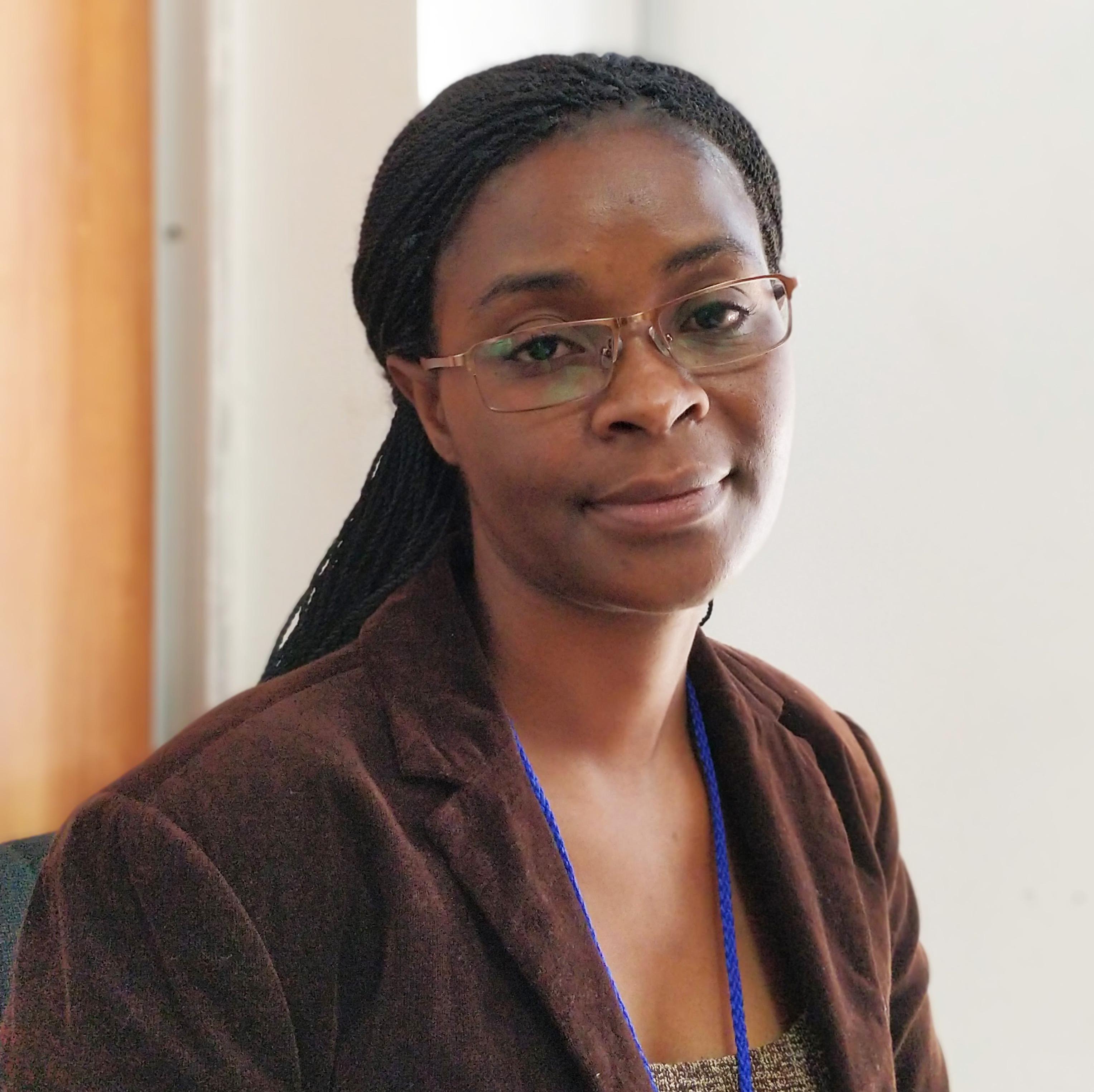Researcher of the Month: Dr Caroline Chisenga

This month we spoke to Dr Caroline Chisenga, SHARE Research Fellow based at CIDRZ in Zambia. Here, she tells us about herself and her role as a SHARE fellow.
What is your background?
I’m a biomedical scientist, I did my PhD at the University of Zambia which was focussed on immunology, looking into HIV-infected adults and their nutritional status, and how they response to treatment after 3 months. While working with the University of Zambia, I made contact with colleagues looking at vaccine-related issues, particularly around rotavirus vaccine and poor performance.
Because of my immunology background I was interested in this topic, and linked up to do voluntary work to learn components under rotavirus and poor performance in our setting in sub-Saharan Africa. Through these interactions, I came to learn they were advertising for the SHARE fellow. From the time I joined the SHARE team here at CIDRZ, I’ve been able to learn a lot. Now I’m also looking into cholera vaccines, and I’m glad to say I’ve been spearheading that project with help and under supervision of Dr Roma Chilengi, working with Ministry of Health officials.
What have you been working on so far?
There’s lots of information regarding WASH and diarrhoea that has come out from studies that we have done under SHARE. We’ve looked at environmental enteric diseases and poor performance, and at the stool and serum markers.
When you look at poor vaccine performance in infants with environmental enteric disease, we’ve found that when you have high levels of zonulin (serum marker) and also IFABP (another serum marker for EED), there is poor performance of the vaccine. We also looked at several markers in stool, and one thing that’s come out prominently is that when you have a high level of certain stool markers, they can play a role in increased risk of poor performance and also stunting among children. When we examined breastmilk components, we found that lactadherin is a culprit when you talk about poor rotavirus vaccine performance.
How has the SHARE fellowship benefitted you?
The SHARE fellowship has really strengthened my career – I was just a fresh graduate, but now I’m happy I’ve been able to complete for grants and I’ve won one. I’ve strengthened my writing skills and am learning how to write a good proposal. I’ve also been able to publish as first author and co-author. I’m happy that SHARE has helped me to build my independence in research.
How do you think the SHARE fellowship has been beneficial to others?
Under my SHARE fellowship, we have managed to set up a molecular platform where we are looking into 15 enteric diarrhoea-causing pathogens in under-5 children. We are the only people in the sub-Saharan region that have the opportunity to have this platform set up to examine gastrointestinal pathogens. It’s encouraging to know there are also long-lasting platforms set up for future for capacity building and future use.
What have you learnt through your fellowship?
Something I’ve learnt through this fellowship is how to relate with collaborators, how best you can talk to them and work together. Dr Chilengi supports us by encouraging us to collaborate and talk with others.
What do you enjoy about your work?
I enjoy reading and writing articles. I think it’s something I’ve developed and something I’m growing to like. It’s also something I’ve learnt from my supervisor. Another aspect I’ve enjoyed is going into the field to really appreciate what is happening on the ground. This has enhanced the way I conduct my research and look at the results.
What do you find most challenging?
Time has been a big factor. You might have several tasks you need to accomplish, but you’re limited by time. I don’t always feel satisfied that I’ve done all work to the standard I’d have liked, but it’s something that I’m learning to address!
How would you like this work to influence policy?
What we are generating is evidence surrounding vaccines and WASH, which I think should inform policy. In order to make certain changes, you need evidence – either for changing policy or maintaining what they are doing, depending on the outputs. The results we are producing will have a lot of impact, and I think we will contribute to policy changes surrounding WASH and vaccine performance in our setting.
What advice would you give to someone starting out in this area?
Initially, I didn’t really know how vaccines and WASH were related before starting this work. But I realised there was lots and lots to learn, the research questions won’t be exhausted! There are many components to explore, for example EED and breastmilk. There are many other components embedded in there that can only be discovered when someone’s involved. It’s a good field!
